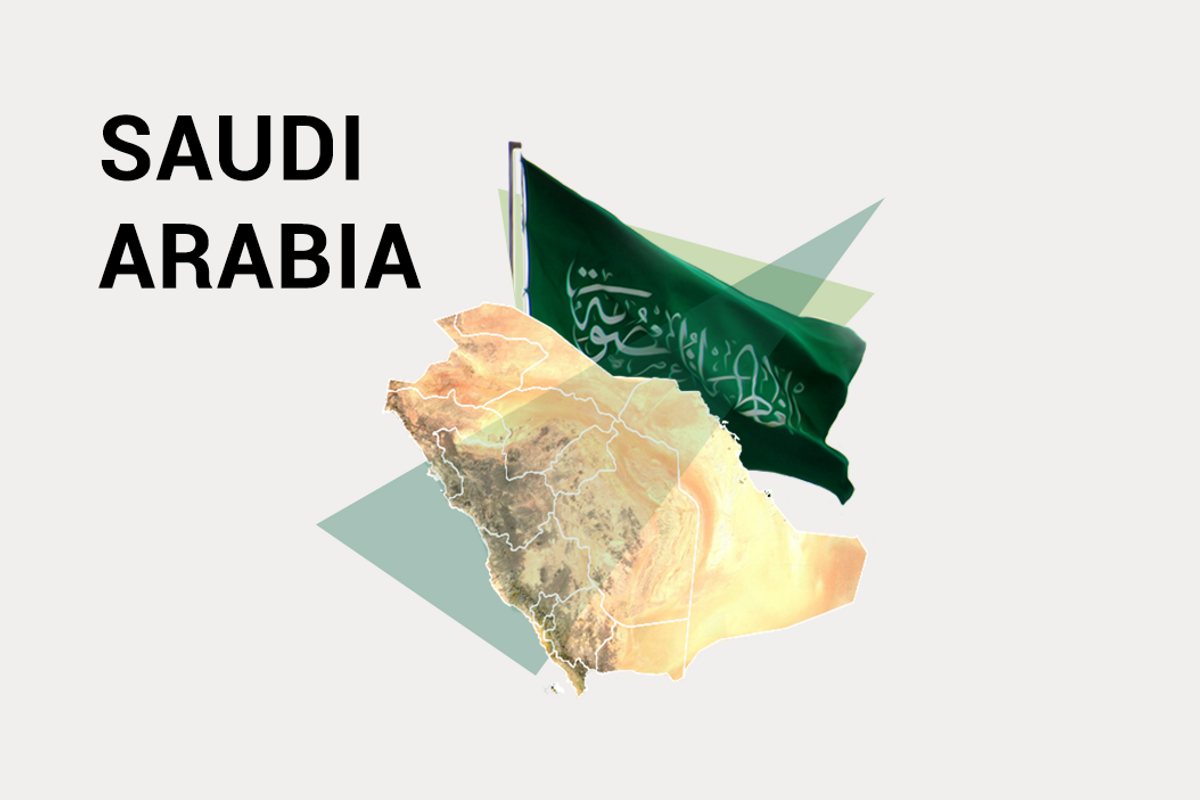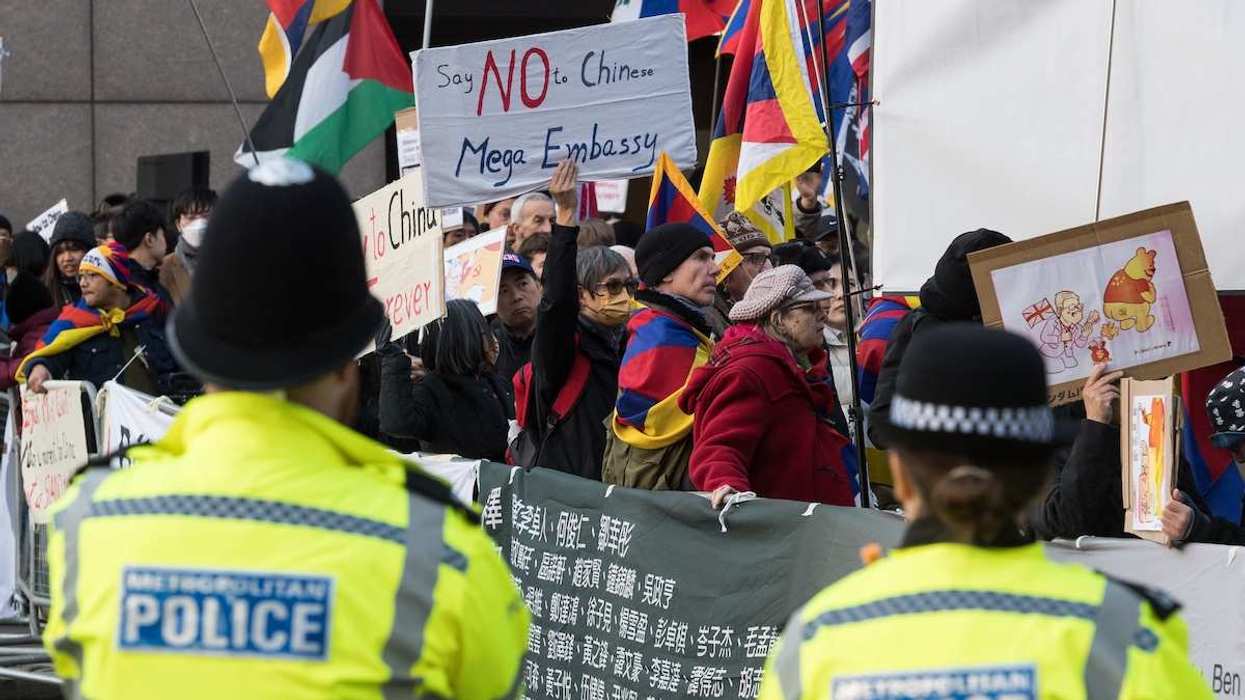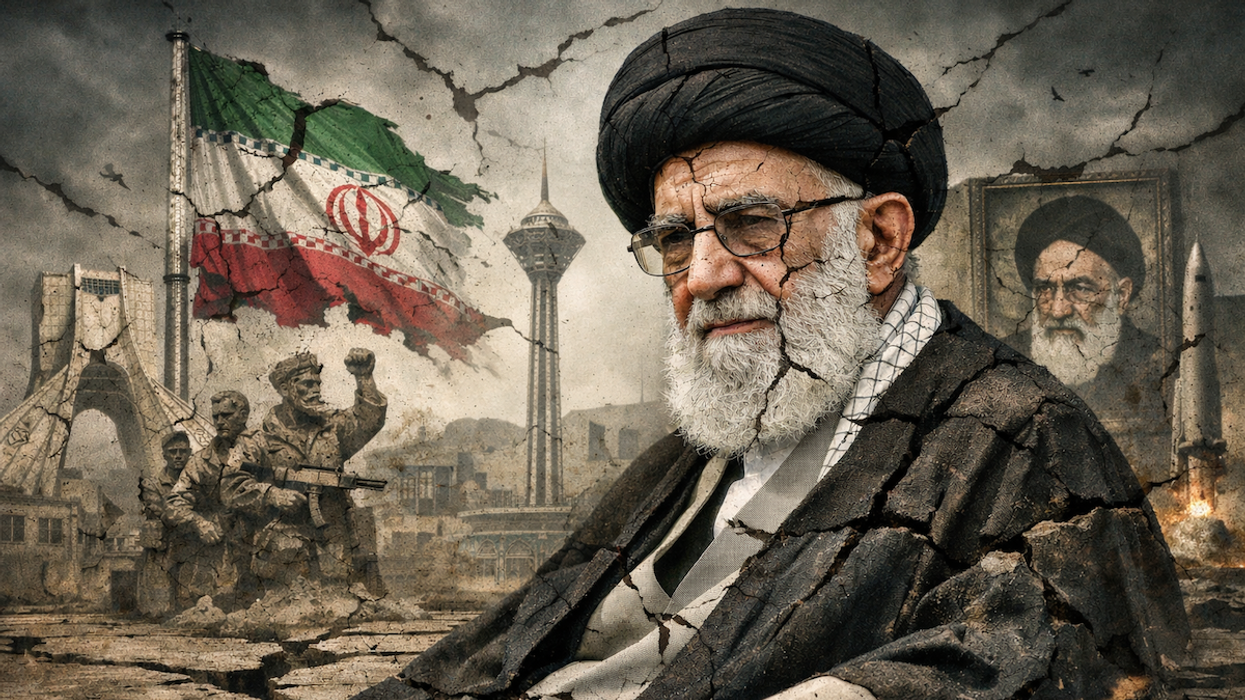Ahmed al-Omran is a correspondent for The Financial Times in Jeddah, Saudi Arabia. Our conversation has been edited for length and clarity.
Alex Kliment: How might the outcome of the US election this fall affect Saudi Arabia?
AO: Saudi officials often say that their relationship with the US is historic and longstanding, and that they have worked equally well with both Republican and Democratic presidents. However, it is clear that the relationship between the Trump administration and the current Saudi leadership is different from anything we have seen before, and there must be some concern in the kingdom that a Biden victory could pose some serious challenges and a rethink of where the relations stand.
AK: What are a few areas where that could be true?
AO: I mean, obviously, you have the issue of arms deals. We've seen the Trump administration continue to push arm sales to Saudi Arabia, despite concerns by [the US] Congress over Yemen and other issues. The Saudis would worry about that considering the neighborhood that the country is located in, and the Yemen War still not reaching a conclusion yet.
The second issue is obviously US relations with Iran, and whether Biden would try to revive the Iran deal. The Saudis were not happy with the way the Obama administration handled that affair, and they welcome the pressure from the Trump administration on Iran.
[Third], with the economic and social reforms that Saudi is pushing — we've seen the US express a lot of support for that, while at the same time we're seeing less and less criticism of the Saudi human rights record in recent years.
So we might see some tension arise as a result of a change of leadership in the US. But I don't think we should underestimate how flexible the Saudis can be.
AK: Within the country, what are most Saudis concerned about these days?
AO: The first issue is the economy. Saudi Arabia is trying to transform its economy and make it less dependent on oil revenues. And they are going through a difficult period with low oil prices and the impact of the coronavirus pandemic, and the unemployment rate around 12 percent is a source of real concern.
The second issue is social reforms. Saudi Arabia is pushing for more opening, including allowing foreign tourists into the country. And what kind of issues might arise from that? Would the locals be uncomfortable with a large number of foreigners coming into the country, requiring them to change some habits?
And the third issue is the G20 summit. Saudi Arabia has the presidency of the G20 group this year. And they were hoping for a major leaders' summit in November in Riyadh, but there's a lot of uncertainty around that now because of the coronavirus. It must be difficult for Saudis because they saw the G20 summit as an opportunity for Saudi to present its new self to the world.
AK: Could the US election outcome affect domestic politics in Saudi Arabia?
AO: Saudi Arabia wants to move at its own pace when it comes to its domestic policy. Look at an issue like, say, women driving: several American administrations have tried to push Saudi Arabia on this issue. And it didn't happen until the Saudis wanted to move on it two years ago. And then they did it. So Saudi Arabia always wants to appear as if they're doing this on their own without pressure from outside or from activists and others.
AK: Zooming back out to a more global question, how does the deepening US-China rivalry affect Saudi Arabia?
AO: The Chinese are the biggest buyers of Saudi oil, and the kingdom is keen to keep that, even as Chinese economic growth slows down. And we saw the Crown Prince welcomed in China last year in the months when he was facing criticism in the West over human rights issues, which was a source of comfort. Also, we have also heard reports that the Americans are unhappy that the kingdom has allowed Huawei to deploy 5G technology with Saudi telecom companies.
But the US remains the most important Saudi ally. It would be very unlikely that Saudi Arabia would sacrifice their relationship with the US, and their longstanding alliance with the US, for China.
AK: As a Saudi journalist who writes for Western publications, what's the biggest misconception about Saudi society or politics that you see?
AO: You know, we often hear or read about how "the Saudi public is supportive of this policy or against this policy," including what we've seen recently around the issue of normalizing relations with Israel, for example.
I always warn others that you must be very careful about that, because it has always been hard to know for sure where Saudi public stands on any issue. We don't have elections. The country doesn't have normal polling.
And even if there were polling, the margin of expression is limited, so it's hard to really tell if answers are genuine. There are impressions, and many of them are anecdotal.
AK: Does the Saudi government care about public opinion?
AO: Definitely. They don't want to be seen as out of touch. And we know that, for example, the government does monitor social media and other channels where Saudis express themselves to try to detect the sentiments around government policy and decisions, and public debate.
So it's definitely something that they think about, they take in consideration. But it's just one factor of many that that come into play when it comes to what decisions get made and what policies are implemented.
AK: Any last thoughts on what might happen after November?
AO: If Trump loses the election, then, Saudi Arabia will be in a position where they have to rethink and reconsider some aspects of their relations. But as I said, Saudis always say that it doesn't matter who occupies the White House. They'll find a way to work with them.
AK: When you look back at 2016 how did Trump's victory change US-Saudi ties?
AO: Well, some of this has to do with Trump himself, his character and his style in as a president, he's more transactional, he's less principled, and he's not bound by the same traditional, let's say, principles of the relationship between Saudi Arabia and the US over the years.
This interview is part of the GZERO project Global voices on the US election, which you can find in full here.


















